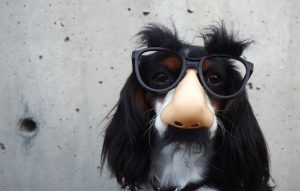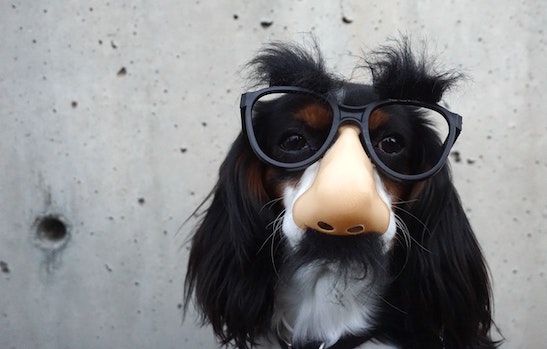
In this week’s reading, G-d tells Moshe to ascend Mt. Avarim and look upon the Promised Land, which Moshe would not enter. Rather, he would soon pass away, as his brother Aharon had before him.
Moshe immediately (and selflessly) calls upon HaShem to appoint a new leader “who will go out before them and who will come in before them, and who will take them out and who will bring them in, that the Congregation of G-d not be like a flock that has no shepherd” [Num. 27:17].
The Avnei Azel explains that a true leader is one who guides in front of the nation, and is not dragged after them. Moshe asks for a leader “who will go out before them and who will come in before them,” because he will go out before them and lead them, not look over his shoulder to see what they want and chase after their desires.
The Chiddushei HaRim explains, “who will bring them out,” lifting them up from lowliness and impurity, “and who will bring them in” to elevation and holiness. But a “leader” who chases after the congregation, he says, is dragged down after them.
The last Mishnah in Sotah (9:15) says that at the end of history, “the face of the generation will be like the face of a dog.” Rabbi Ezriel Tauber zt”l explained the Mishnah by describing a man taking his dog for a walk. The dog is out in front, pulling on the leash, and an observer would think that the dog is actually leading the master. But that all changes when they reach a corner: the dog continues forward as if to cross the street, but the master turns 90 degrees in a new direction. The dog soon feels the pull on his leash, realizes the master has turned, and a moment later is once again out in front, “leading” the master in the new direction that the master has chosen. That, Rabbi Tauber said, is what it means that “the face of the generation will be like the face of a dog.” The “leaders” of the generation will be nothing more than followers, dragged after the generation they pretend to lead.
This form of leadership, of course, is practically baked into the idea of democracy. Or, as H.L. Mencken (no relation) put it, “Democracy is the theory that the common people know what they want, and deserve to get it good and hard.” If the “leaders” don’t follow the current political winds, they will be voted out in favor of others who will. Such leadership can be disastrous; browse today’s news for evidence that this is true, in ways Mencken could never have imagined.
This is why Moshe prayed for true leaders, who would force the people to be better, rather than be dragged down after them. And when things are as they are now, asks the Mishnah, “upon whom will we be able to depend? Upon our Father in Heaven!”


